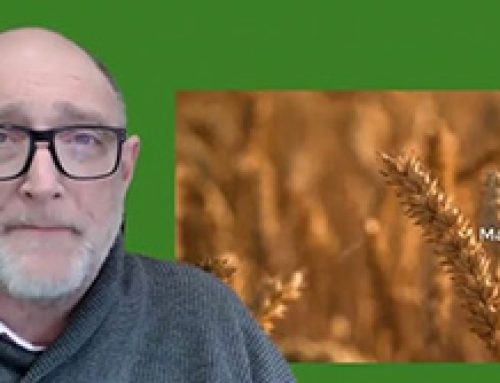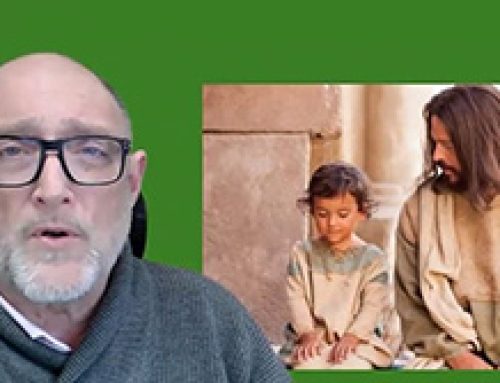Fr Paul reads from John’s Gospel (8: 1-11) where Jesus went to the temple and sat down and began to teach. The Pharisees and the teachers of the law brought over a woman caught in adultery. Jesus asked this woman, “Has no one condemned you?”, she replied “No one, sir,” “then neither do I condemn you,” Jesus declared.
Fr Paul says that this is an independent story in John’s Gospel, and it comes hot on the heels of Nicodemus asking for a fair hearing from Jesus. We see in this particular piece of the Gospel the Jewish leaders bringing a woman to Jesus and having a hearing for her.
Fr Paul says that he has always wondered two things about this particular Gospel. Firstly, if the woman was caught in the very act of committing adultery then where is the partner? where is the man? and why isn’t he in front of Jesus? why isn’t he being accused of the sin of committing adultery. Secondly, Fr Paul says that he has always wondered just what it was that Jesus wrote in the dirt as he waited for the Pharisees to decide what to do.
We know that this particular woman can have a hearing but not Jesus. One wonders when Jesus bends down on the ground after having said to them what he had said, he does this so that those around him have that time to reflect on their own self-righteousness and sinfulness by pausing and writing in the ground. As we hear, the eldest to the youngest start to drift away and ultimately no one condemns the woman and the hearing is over. The point in this Gospel is that you cannot be a follower of Jesus without first admitting our own sins.
In these final days of Lent Fr Paul suggests we ask ourselves ‘what sins have I committed that I need to admit to Jesus before Easter?’.






Leave A Comment